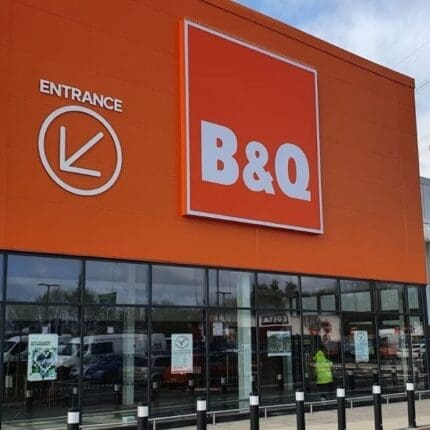
A long peat-free advocate, B&Q has been actively trading peat-free product offerings for over 30 years, having first launched a peat-free compost in 1991. Since 2023, the company only sold 100% peat-free bagged compost, having committed to stop selling 100% peat in 2008. In 2014, they introduced a range of peat-free bedding plants. Their commitment to peat-free has now come full circle, with the company committing to only selling peat-free plants by 2026.
Since 2022, B&Q has partnered with The Woodland Trust, the UK’s largest woodland conservation charity, to support the restoration, protection and creation of native woodland at Snaizeholme, North Yorkshire. The project also includes the restoration of 279 acres of upland peatbog.
Peatlands are vital in protecting natural habitats, providing unique ecosystems for a diverse range of wildlife, and tackling climate change. They are the world’s largest land store of carbon, absorbing carbon and helping prevent flooding. However, when peat is extracted and added to our gardens, it breaks down quickly, releasing ancient carbon into the atmosphere and contributing to climate change.
Recent research for B&Q, undertaken by YouGov, revealed that more people are concerned about the decline of wildlife than they were seven years ago with 75% saying they are concerned or very concerned, compared with 64% in 2017, and the level of concern has also increased. Also, that 19% of people say they have deliberately started using peat-free compost in the last seven years, with a third (32%) now using only peat-free compost.
To help increase customer awareness of the importance of peatlands, the company have updated their 2022 launched peat-free campaign, entitled ‘We need to talk about peat’, explaining the importance of peat for the environment and providing sustainable gardening advice.

